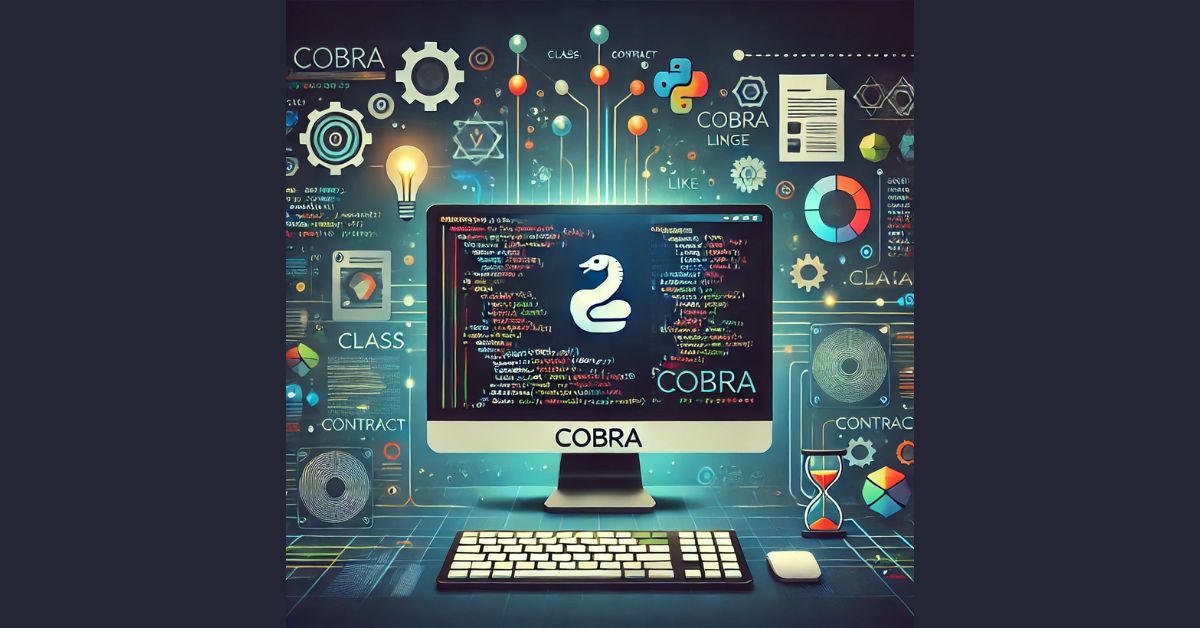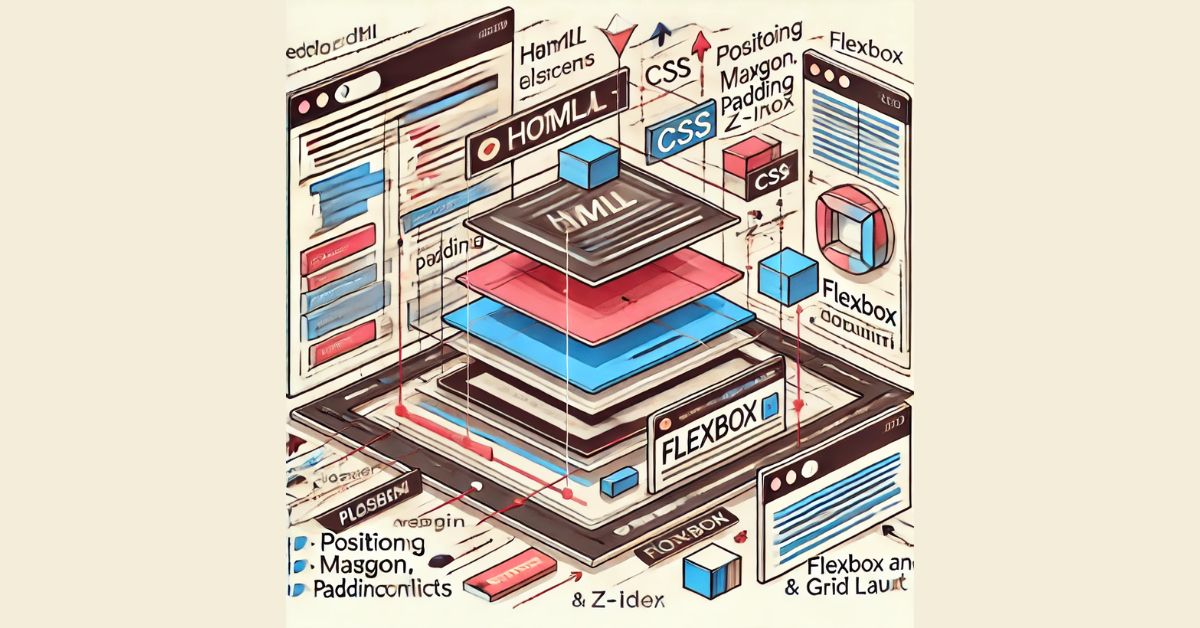Cobra is a lesser-known but intriguing programming language. It is gaining attention for its robust features and versatility. Cobra is an object-oriented language, designed by Chuck Esterbrook. It has strong typing, blocks, and contracts. It balances readability, functionality, and developer-friendly features. Ideal for rapid development, it bridges the gap between languages like Python, C#, and Java. This article will cover Cobra. It will discuss its unique features, benefits, and role in software development today.
Table of Contents
- What is the Cobra Programming Language?
- Features of Cobra
- Advantages of Using Cobra
- How to Get Started with Cobra
- Cobra’s Role in Modern Programming
- Conclusion
What is the Cobra Programming Language?
Cobra is an open-source, 2009 programming language. It blends concepts from many languages to be both simple and powerful. Designed to improve productivity, Cobra incorporates:
- Python-like syntax for ease of use
- The object-oriented structure of C#
- Static typing similar to Java
This mix makes Cobra a high-performance language. It suits developers seeking intuitive syntax and robust error-checking.
Features of Cobra
Cobra has many features. They make it great for both new and expert developers. Below are some of its core functionalities:
- Static and Dynamic Typing. Cobra offers both. Developers can choose between types. Static typing improves error detection, while dynamic typing provides flexibility during development.
- Cobra has built-in contracts, inspired by languages like Eiffel. They are preconditions, postconditions, and invariants. These contracts help test assumptions about code behavior. They improve the code’s reliability and readability.
- Unit Tests Cobra encourages test-driven development by allowing inline unit tests. Developers can add these directly to the code. This promotes a robust testing culture and reduces bugs in the final product.
- Class and Interface Inheritance Cobra fully supports object-oriented programming (OOP) principles, including inheritance. It helps to organize code and build reusable components. This reduces redundancy and improves maintainability.
- Readable Syntax Cobra has a clean, concise syntax, like Python’s. It is highly readable and easy for new developers to learn. This syntax is Pythonic. It’s why many prefer Cobra when moving from Python or learning to code.
- Type Inference Cobra uses type inference to find variable types. It simplifies code while keeping it clear. Type inference speeds up development. It requires fewer type declarations from developers.
Advantages of Using Cobra
Cobra brings a set of advantages that make it a strong choice for many types of projects. Here are some of the notable benefits:
- Cobra has a Python-like syntax. It lets developers write clear, quick code. This improves productivity. Contracts and unit tests catch errors early. This saves time in debugging.
- Enhanced Error Detection. Static typing and contracts allow early error detection. So, Cobra is a reliable choice for building stable, complex apps.
- Interoperability Cobra runs on .NET and Mono. So, it works with many libraries and frameworks. Developers can also use it with other .NET languages, like C# or VB.NET. This enhances its versatility in multi-language projects.
- Cobra is flexible. It suits web development, data science, and game programming. It helps developers work on many projects without learning multiple languages.
How to Get Started with Cobra
If you’re interested in exploring Cobra, getting started is easy:
- Install Mono Cobra can be run on Windows, Mac, and Linux systems. For Mac and Linux, you often need to install Mono. It’s an open-source implementation of the .NET Framework.
- Download Cobra is available on its website or GitHub. Installation is simple, with straightforward instructions provided for each operating system.
- Write Your First Program. After installing Cobra, start by writing a simple “Hello, World!” program.” program to get a feel for its syntax. This will help you familiarize yourself with the language’s structure and style.
- Explore the Docs. Cobra has detailed docs on its syntax, features, and use cases. Beginners can leverage tutorials and code examples available online to deepen their understanding.
Cobra’s Role in Modern Programming
Cobra is less popular than other languages. But, its unique features are valuable in niche apps. Cobra is a practical language for high-reliability, maintainable projects. It has robust typing, in-line unit tests, and contracts. Its compatibility with .NET and Mono makes it a good choice for cross-platform apps. This is important in modern software development.
In today’s programming ecosystem, languages like Python, JavaScript, and C# dominate. However, Cobra is an alternative for developers. It is a high-performance language. It has powerful, built-in testing and validation features. It may not be mainstream. But, for some projects, Cobra is excellent. This is especially true for those with complex logic and high reliability.
Conclusion
The Cobra programming language brings a lot to the table. It combines static and dynamic typing, contracts, and a simple syntax. This makes an agile, flexible development environment for many projects. Cobra may not be as known as Python or Java. But, its focus on productivity and reliability makes it a key tool in programming.
If you’re an experienced developer, or a beginner, explore Cobra. It has a clean syntax and strong debugging features. You can build apps using its unique features. They will be functional, robust, and easy to maintain.
Frequently Asked Questions About the Cobra Programming Language
1. What is the Cobra programming language best used for?
Cobra is ideal for projects that need high reliability and quick development. It must also be easy to maintain. Its static typing, contracts, and test-driven development suit complex apps. These include enterprise software, data processing, and scientific computing.
2. Is Cobra compatible with other programming languages?
Yes, Cobra is designed to work seamlessly with other .NET languages, such as C and VB. NET. This lets developers integrate Cobra with .NET projects. They can use .NET libraries and tools.
3. What platforms can I use to run Cobra?
Cobra can run on Windows, Mac, and Linux. It needs the .NET Framework or the open-source Mono platform. This compatibility makes it easy to deploy Cobra apps on many OSs.
4. Does Cobra have built-in support for unit testing?
Yes, Cobra has built-in support for inline unit tests, which can be added directly to the code. This feature promotes test-driven development. It helps find and fix issues early in development. This leads to more reliable applications.
5. How does Cobra compare to Python in terms of ease of use?
Cobra has a Python-like syntax. It’s very readable and easy to learn, especially for those familiar with Python. It also has features like static typing and contracts. They balance ease of use with advanced functions. This improves code quality and error detection.










